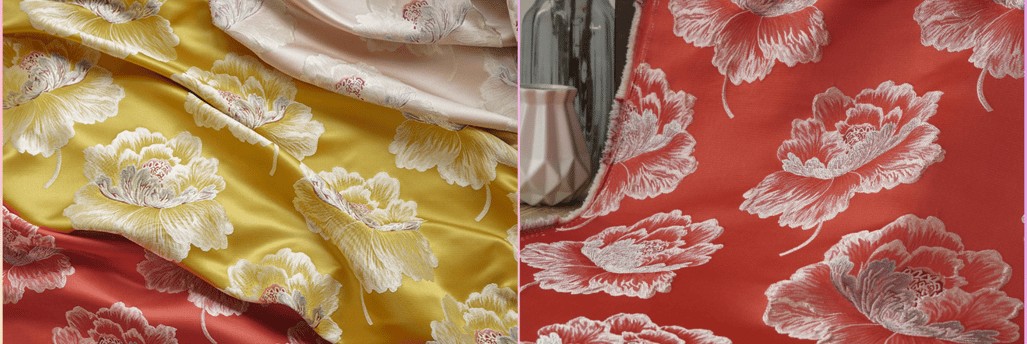Sustainability in the Textile Industry: Green Manufacturing and Environmental Trends
Environmental protection and sustainability have become essential trends in the textile industry. Through green manufacturing, recycled materials, and environmental certifications, the textile industry is making strides toward a sustainable future. This article examines how the industry is achieving green transformation.
CC Textile WhatsApp:+8615306267080 WeChat: CC-Jacquard
9/20/20241 min read


• Environmental Issues in the Textile Industry:
The textile industry is resource-intensive, requiring vast amounts of water and energy, and the use of chemicals results in significant pollution. The dyeing and finishing processes are particularly problematic due to the wastewater and chemical waste generated.
• Importance of Green Manufacturing:
As environmental regulations become stricter, green manufacturing has become a key strategic focus for textile companies. By utilizing recycled polyester, eco-friendly dyes, and energy-efficient production technologies, companies can reduce their carbon footprint and achieve certifications such as GRS.
• Circular Economy and Recycled Materials:
The circular economy model is gaining traction in the textile industry. Recycling old textiles for reuse is becoming an important method for achieving resource sustainability. The use of recycled polyester and cotton is increasing, helping drive green industry transformation.
• Future Trends:
Looking ahead, eco-friendly technologies, green production, and the circular economy will be key drivers of textile industry development. Companies will need to enhance the environmental friendliness of production processes and strengthen waste recycling and reuse to build a sustainable supply chain. #jacquardpro #fabrics #textile
Get in touch
Address
Suzhou CC Textile Co.,LTD
4101 West Ring 2nd Road, Shengze Town, Wujiang District, Suzhou, Jiangsu Province, China
ZIP Code:215228
